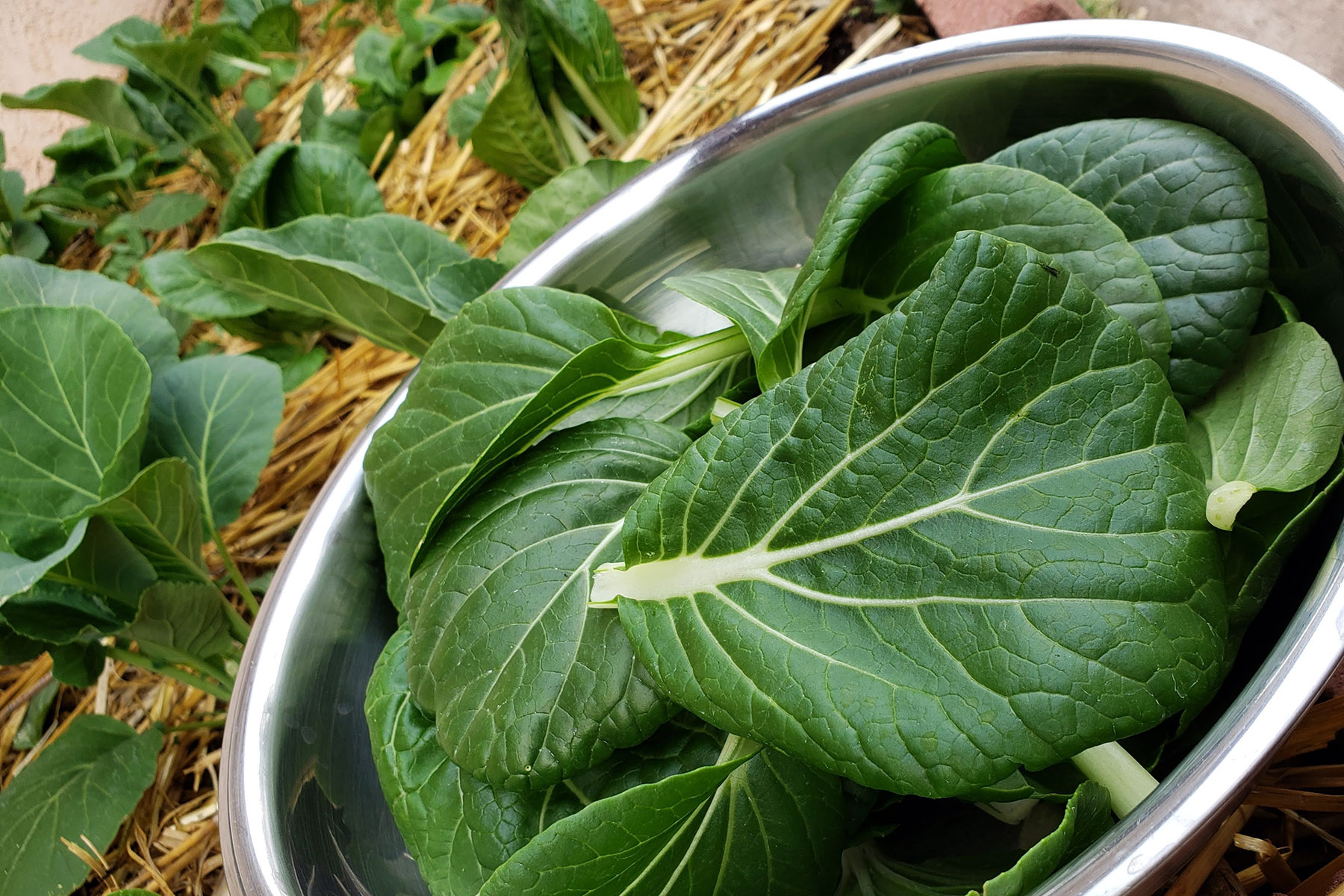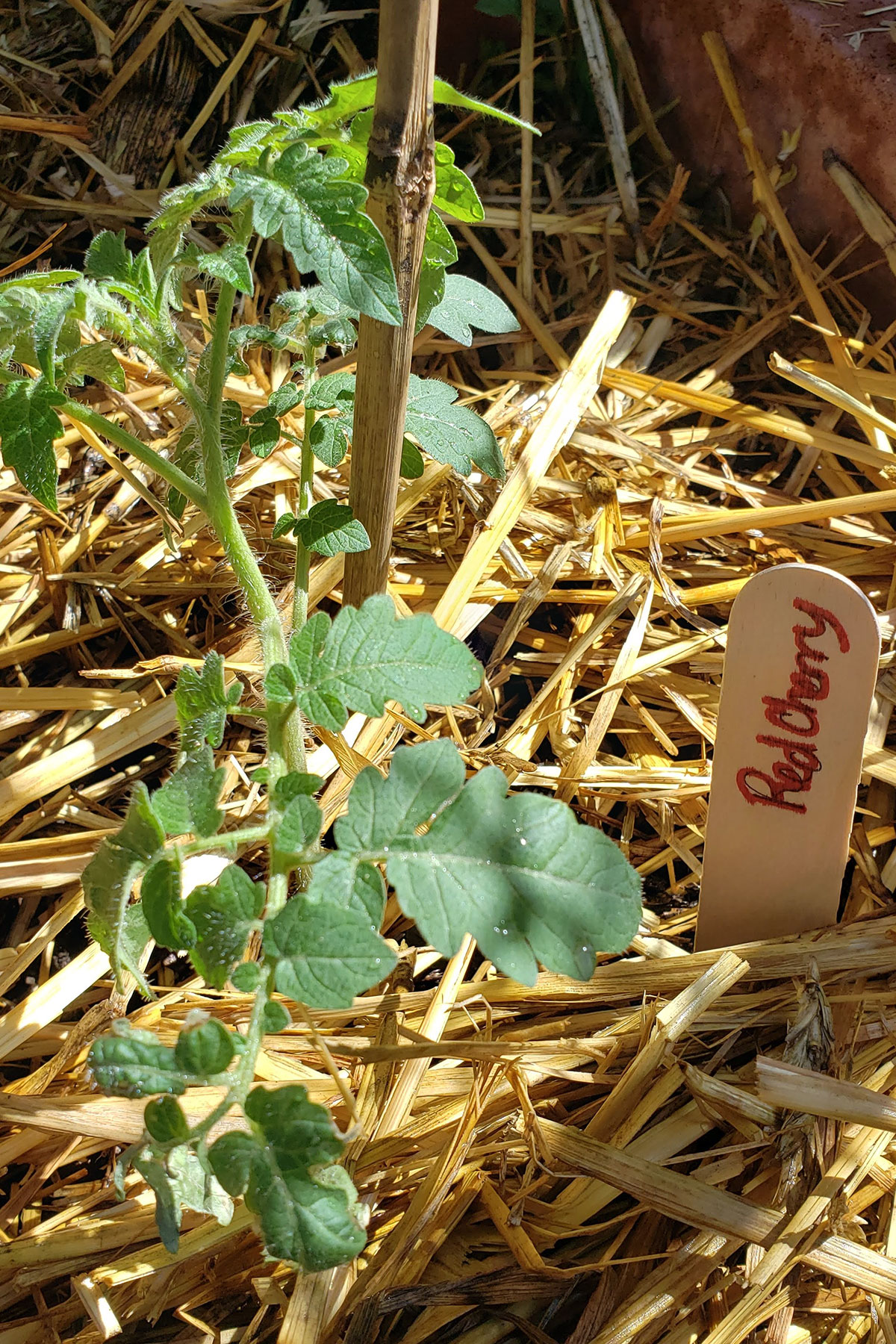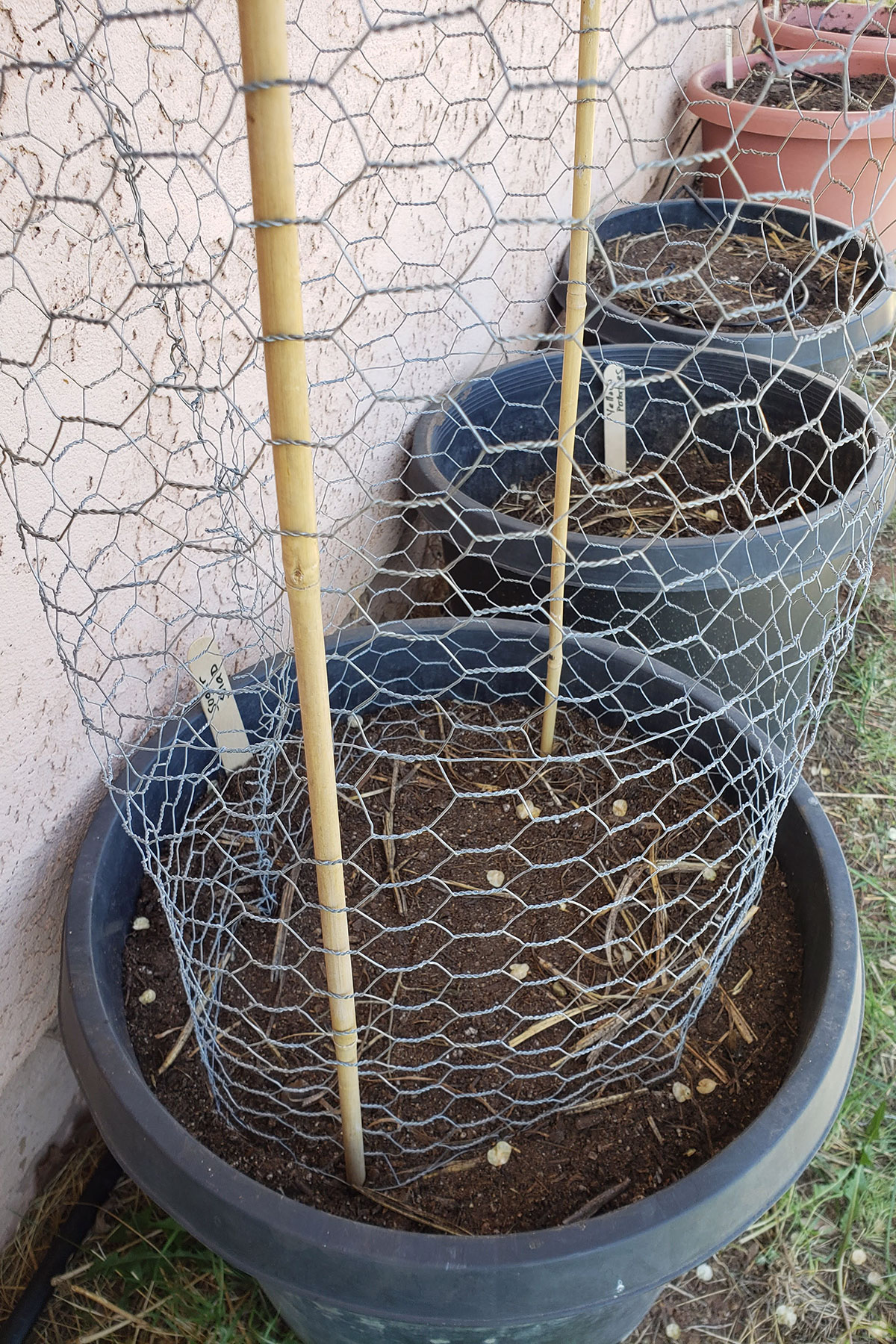The weather has warmed up and I have definitely been spending more time outdoors taking care of my garden. So, what can be planted now? Plants that thrive in warm weather should be planted right about now until mid-June or early July. Warm weather plants love warmer soil, warm days and nights that are at least in the 40s. Here are some things to keep in mind as you think about your garden.
Warm weather plants include tomatoes, summer and winter squash, peppers, eggplants, cucumbers, potatoes, beans, corn, melons and pumpkins. Keep in mind that although these plants are warm weather, each grows at different rates and not all will grow from seed in time for a harvest. For example, you should not plant eggplants, tomatoes and peppers from seed in ground because those take at least five months to mature and produce fruit, so these should be transplanted from a small transplant. Pretty much anything that is not an eggplant, tomato or pepper (aka the solanaceae/ nightshade family) can be planted from seed in the ground. You can purchase seedlings from a local nursery if you haven’t started yours at home. The rest can be planted from seed in the ground.
Depending where you live, you may already have had warm weather conditions for a few weeks now. For me, I live in an area that acts as a cold sink along a mountain range and it takes a tiny bit longer to warm up enough for my plants. I have a thermometer outside and for the past month I’ve been checking the temperature in the early mornings and as much as I looked, it didn’t warm up fast enough for me! So, keep in mind that although your general last frost date may be about now, there may be a microclimate that has cold conditions. Keep a thermometer outside to check on your nightly conditions to help guide your planting decisions.
Hopefully, you’ll have already worked some compost into your soil in the spring, but if not, no worries. Grab some compost and work it into the soil before planting your warm weather plants. This will provide your plants with added nutrition and make your soil healthier. Healthier soil and a healthier plant will be more resistant to pests, disease and stress. You can definitely purchase compost, but it can get pretty expensive, so think about starting a compost pile or bin this year. That way you’ll be on your way to creating homemade compost and a healthier soil.
Finally, if this is your first year planting or you still consider yourself a beginner, don’t try to plant everything as it might get overwhelming. Gardening is an art and it takes patience. I would suggest starting out small because there is a long list of what you can plant right now. Focus on one or two plants and over the years you can add on newer plants as you get more comfortable in the dirt. This year will be my first year planting potatoes after at least 10 years of gardening and I’m a bit nervous, but that is the awesome thing about gardening; There is always something to learn! I am optimistic about my potatoes and if they don’t turn out a success, there’s always next year and I’ll be one year wiser.
Your garden wants to give back to you! If this past year has inspired you and your family to garden, right now is the best time to get out there and get started on a beautiful garden. Good luck and have fun!
Denee Bex is a Registered Dietitian and advocate for healthy traditional diets and home-grown foods in Native American communities. She can be reached at Denee.Bex@gmail.com.






